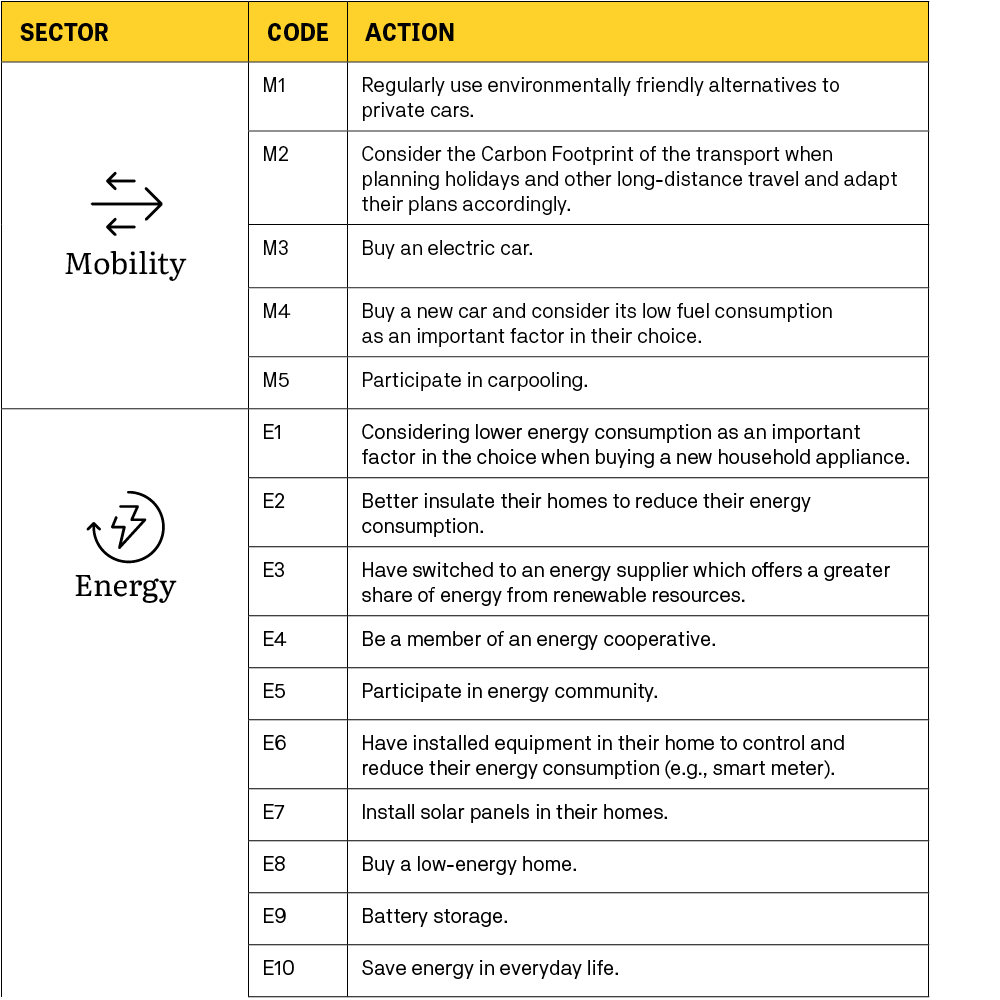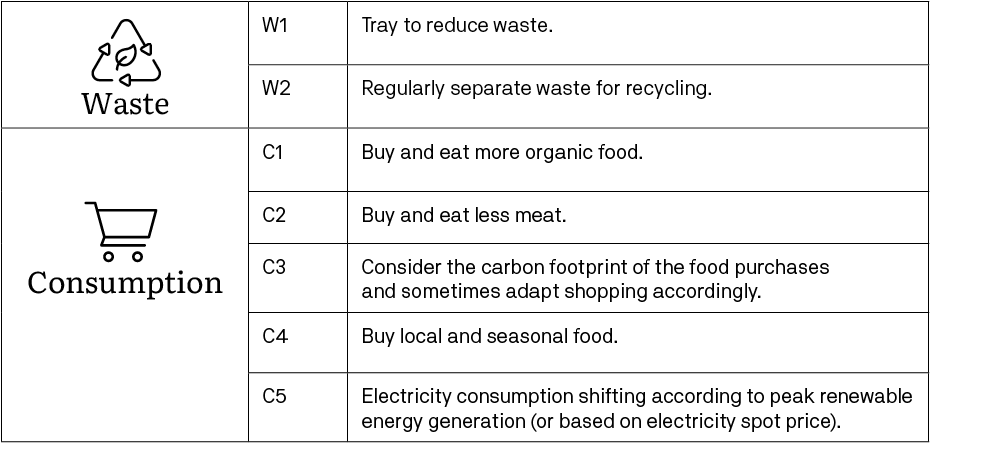GRETA created a model and a catalogue of energy citizenship actions to understand the willingness of citizens to act in a way that supports the energy transition.
The European Commission recognizes the potential of citizen involvement in driving the energy transition. The Clean Energy Package (CEP) adopted in 2019 serves as a shining example of this recognition, highlighting the pivotal role of collectively acting consumers in facilitating the energy transition.
To actively involve citizens in shaping the energy landscape, the CEP has established a legislative framework that enhances opportunities for “jointly acting consumers” and “jointly acting renewable self-consumers” to participate in the energy sector. This framework encourages citizens to utilize renewable energy sources and engage in collective energy initiatives.
Policymakers play a vital role in integrating strategies into policy-making that effectively promote citizen engagement in energy systems. To achieve this, policymakers require comprehensive data, information, methods, and tools to support informed decision-making and effective planning.
Businesses driving innovation and enabling energy citizenship
Policymakers are not the only ones in need of data, information and tools. The active involvement of businesses is essential in achieving the goals of the energy transition. They possess the power to drive innovation, develop and deploy technological solutions, and align their operations with policies and regulations that promote sustainable energy practices.
In the context of initiatives like the CEP, businesses have a significant opportunity to contribute by providing technological solutions that enable renewable energy generation and self-consumption for citizens. By developing and deploying renewable energy technologies such as solar panels, wind turbines, and energy storage systems, businesses can make these solutions more affordable, accessible, and readily available.
Collaboration between policymakers and businesses is crucial in creating an enabling environment that supports and incentivizes citizens to adopt sustainable energy practices. This collaboration can involve providing financial incentives, regulatory support, and fostering public-private partnerships.
GRETA’s tool for understanding and targeting energy citizenship actions
Identifying where energy citizenship is more likely to emerge is invaluable for policymakers and businesses as it enables them to target their efforts and resources effectively. To understand the emergence of energy citizenship and enable targeted action, GRETA has developed a modelling framework. Our approach captures and analyses the interactions between citizens, policymakers, and businesses in the context of the energy transition.
The transdisciplinary model considers various factors, including technical, behavioral, social, and economic aspects, that influence the emergence of energy citizenship. By examining the interactions between citizens, policymakers, and businesses, the model provides valuable information for decision-making purposes. This supports the green energy transition and the achievement of decarbonization objectives.
Understanding the factors that influence the emergence of energy citizenship allows for the prioritization of areas or communities where conditions are favorable. This targeted approach maximizes the impact and effectiveness of initiatives aimed at promoting citizen engagement in the energy transition.


